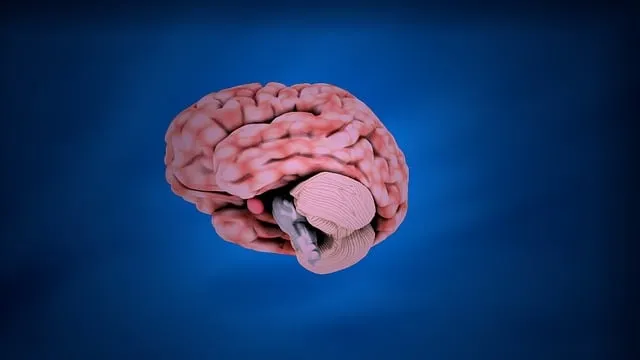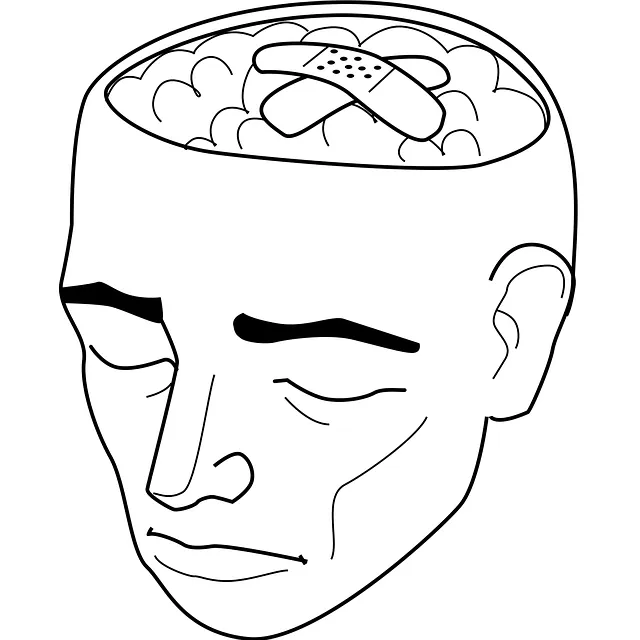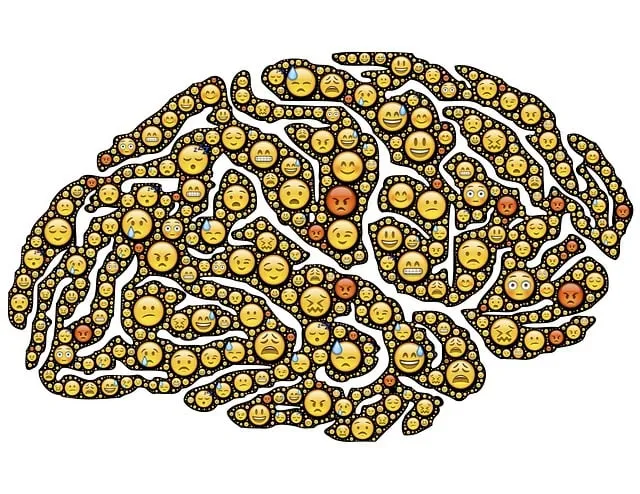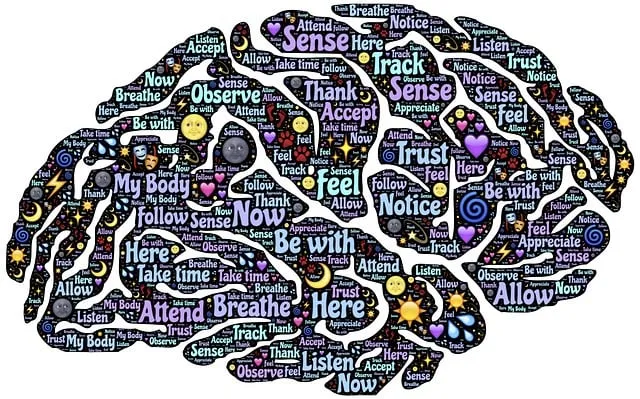Kaiser's inpatient mental health services in Northglenn prioritize cultural sensitivity through tailored programs like Mental Wellness Journaling and Conflict Resolution Techniques, creating an inclusive environment for diverse patients. The Northglenn model offers safe, holistic support, integrating Crisis Intervention and cultural practices to address unique patient needs. Overcoming challenges like language barriers and lack of diverse staff, Kaiser should focus on ongoing training and education to enhance cultural competency, improving patient service and reducing disparities.
Cultural sensitivity is a cornerstone of quality mental healthcare. In today’s diverse society, understanding cultural nuances can significantly improve patient outcomes. This article explores strategies for culturally sensitive practice within mental healthcare, drawing on models like the Kaiser Inpatient Mental Health Northglenn approach. We’ll discuss challenges, from unconscious biases to language barriers, and present evidence-based strategies to enhance care. Additionally, we’ll delve into measurement tools to evaluate and ensure cultural competency in mental health services, particularly examining Kaiser’s innovative Northglenn model.
- Understanding Cultural Sensitivity in Mental Healthcare
- The Kaiser Inpatient Mental Health Northglenn Model
- Challenges and Barriers to Cultural Competency
- Strategies for Providing Culturally Sensitive Care
- Measuring and Evaluating Cultural Sensitivity in Practice
Understanding Cultural Sensitivity in Mental Healthcare

In the realm of mental healthcare, cultural sensitivity is a cornerstone of effective practice, especially in diverse communities like Northglenn where Kaiser provides inpatient services. Understanding cultural sensitivity means recognizing and appreciating the unique values, beliefs, and practices that shape individuals’ lives, including those who seek mental wellness support. This involves going beyond language barriers to encompass psychological, social, and cultural nuances that influence how people experience and express distress, cope, and seek help.
At Kaiser’s Northglenn facility, this commitment translates into tailored services and resources. For instance, the Mental Wellness Journaling Exercise Guidance program incorporates culturally responsive practices by offering journaling prompts that resonate with diverse populations. Similarly, Conflict Resolution Techniques are taught with an awareness of cultural differences, ensuring that individuals from various backgrounds feel heard and respected in the therapeutic process. By prioritizing cultural sensitivity, Kaiser aims to create a welcoming environment where mental wellness is accessible and achievable for all.
The Kaiser Inpatient Mental Health Northglenn Model

The Kaiser Inpatient Mental Health Northglenn Model is a pioneering approach that demonstrates Kaiser’s commitment to providing culturally sensitive and effective mental healthcare. This model focuses on creating a safe, inclusive environment for patients from diverse backgrounds, addressing their unique needs, and promoting healing. By integrating Crisis Intervention Guidance and Mental Wellness Journaling Exercise Guidance, the program offers holistic support tailored to individual experiences and cultural contexts.
The inpatient facility in Northglenn serves as a haven where patients can receive intensive treatment while being respected and embraced for their cultural identities. Staff members are trained to offer mood management strategies that respect traditional practices and beliefs, ensuring every patient receives care aligned with their personal values and community norms. This inclusive approach not only enhances the effectiveness of treatment but also fosters trust and collaboration between healthcare providers and diverse patient populations.
Challenges and Barriers to Cultural Competency

In providing mental healthcare services, especially at facilities like Kaiser’s inpatient mental health Northglenn branch, cultural sensitivity presents a complex challenge. The diverse nature of patient populations demands that mental health professionals navigate a labyrinthine web of cultural nuances, language barriers, and differing belief systems. These factors can significantly impact how patients understand and engage with treatment plans, often leading to potential miscommunications or mistrust if not adequately addressed.
One major barrier to achieving cultural competency is the lack of diverse representation among mental health professionals themselves. This gap in emotional intelligence can result in practices that are insensitive to cultural contexts, inadvertently reinforcing existing disparities in care. Addressing this requires ongoing training and education focused on developing cultural awareness, promoting positive thinking, and refining risk assessment for mental health professionals to better serve a wide range of patients.
Strategies for Providing Culturally Sensitive Care

Providing culturally sensitive care is an essential aspect of mental healthcare practice, especially in diverse communities like Northglenn where Kaiser offers inpatient services. This approach involves understanding and respecting individuals’ cultural backgrounds, beliefs, and values to ensure effective treatment. One strategy is to train healthcare professionals on cultural competency, enabling them to recognize and appreciate the unique needs of each patient. By incorporating patients’ traditional healing practices and integrating their preferred language or interpretation services, mental health professionals can foster trust and create a safe space for emotional healing processes.
Additionally, encouraging self-care routine development for better mental health is another culturally sensitive approach. This may include teaching mindfulness techniques, stress management strategies, and promoting healthy lifestyle choices tailored to individual cultural contexts. By incorporating these practices, patients can actively participate in their care, enhancing the overall effectiveness of treatment, particularly when combined with evidence-based therapies available at facilities like Kaiser’s inpatient mental health unit in Northglenn.
Measuring and Evaluating Cultural Sensitivity in Practice

Assessing cultural sensitivity in mental healthcare is a multifaceted process, especially in diverse regions like Northglenn, where Kaiser’s inpatient mental health services are sought by many. Measuring this aspect involves examining various components to ensure patient-centered care. One way is through structured assessments that evaluate providers’ cultural competence, knowledge of different communities, and their ability to adapt therapeutic approaches. These evaluations can include self-reported surveys, peer feedback, and direct observation during clinical interactions.
For instance, Kaiser’s Northglenn facility could implement regular training programs on mindfulness meditation and coping skills development as a way to enhance cultural sensitivity. Additionally, promoting burnout prevention strategies for healthcare providers is vital. By fostering an environment that encourages open discussions about cultural nuances, healthcare professionals can better support patients from diverse backgrounds, ultimately improving treatment outcomes.
Cultural sensitivity is an integral aspect of providing effective mental healthcare, addressing the unique needs of diverse patient populations. As evidenced by the Kaiser Inpatient Mental Health Northglenn Model, a holistic approach that considers cultural contexts can lead to improved outcomes. While challenges and barriers exist, such as language differences and biases, implementing strategies like culturally specific interventions and diversity training empowers healthcare providers to offer sensitive care. Measuring cultural sensitivity through evaluation ensures continuous improvement, ultimately fostering inclusive practices that respect and honor various cultural backgrounds, just as the Kaiser model demonstrates for Northglenn’s inpatient mental health services.






